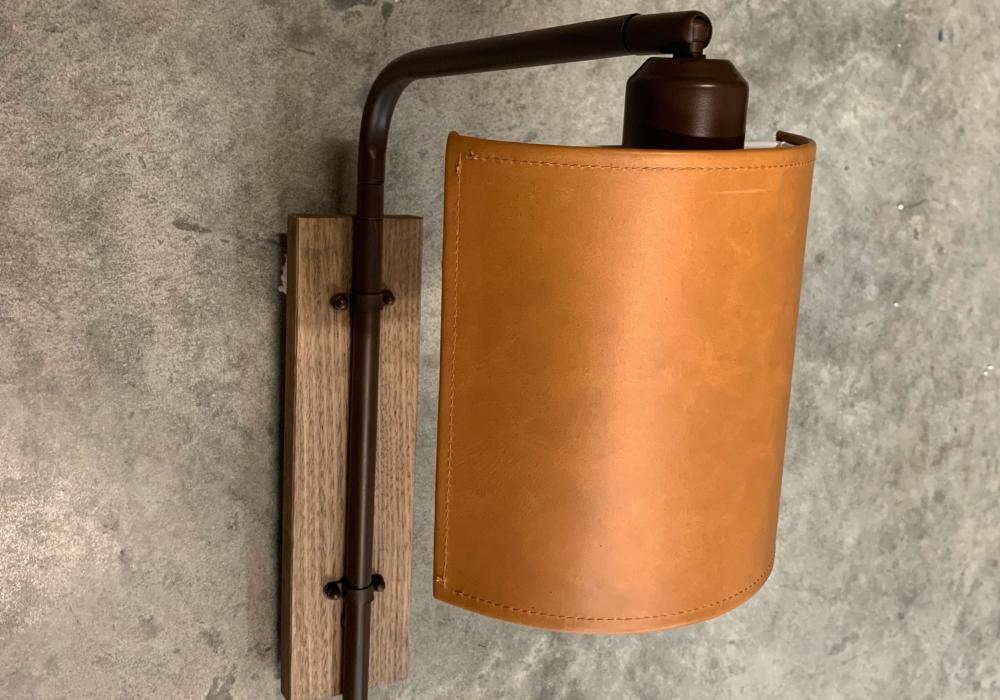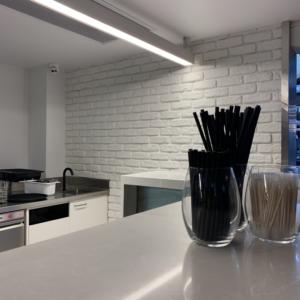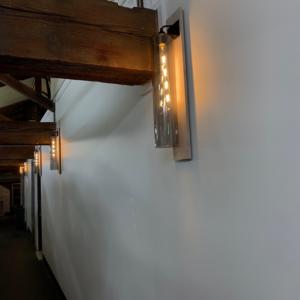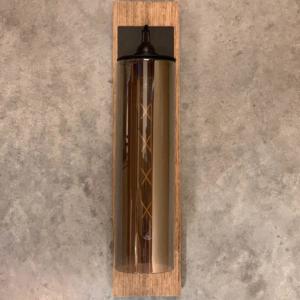What is the compliance requirements for Custom Lighting in Victoria?
Recently Bluelab and other local manufacturers have been pushed to supply unnecessary compliance certificates, namely “SAA”. The motivation behind the compliance could be confusion and ignorance although, many lighting suppliers believe it is a ploy to remove local manufacturers from specifications to supply cheaper imported products. Obviously this has devastating ramifications on Australian designers and manufacturers alike. With the recent push for Australian produced products on our Australian projects, it is important we all understand the requirements.
The question is “in-scope” or “not in-scope”? this is easy, Commercial buildings are considered not in-scope. A commercial building is considered less risk with Services or Electrical Engineers in place to scrutinize the products being offered for installation. Most Electrical Engineers will ask for manufacturers products information before approving products.
Many commercial building will ask manufacturers to provide a Certificate of compliance. This is the manufacturers or suppliers Certificate to declare that the products are manufactured to Australian standards, any relevant compliance certificates on the product and or components are to be listed within this document.
In-scope products are for “house hold” products. Products sold to retailers or online to end users. The retail market has less protection with checks and scrutinizing than commercial projects. ESV require suppliers of “in-scope” products being sold to end users to be registered under EESS “Responsible supplier”. In-scope products are categorized in three risk categories. Low risk products being level 1, can be supplied by a responsible supplier with an “SDOC” – Supplier Declaration of Conformity. Which must also be registered on EESS website.
SAA certificates are only necessary for portable luminaires under ESV or products that are a higher risk level 2 or 3.
It is important to understand that many Australian made products will be a little higher in price than some imported products. Australian manufacturers cannot compete with countries that employ child labor and or forced labor, with this in mind, buying a product with ethics from Australian manufacturers should be our ultimate objective. With every Australian produced product purchased the trickle down economics is in play. The local manufacturer will have a multitude of companies that trade in one way or another.
Our timber timber lights use 15 local companies to manufacture 1 product as well as keeping locals jobs.
The push on manufacturers to offer expensive, unnecessary compliance certificates will ultimately further effect our local luminaire designers and manufacturers. This market has dramatically reduced in Australia over the last 20 years. Australian lighting manufacturers flourished in the 1970’s and 1980’s with manufacturing giants such as Sun Lighting, RLM, Famco, Rymer Lighting etc. disappearing from the market place to be replaced with imported products. The loss of lighting manufacturers saw many component suppliers and sub-industries dwindle away similar to the car industry. Lighting assembly still exists, but the control over every item used to manufacture a luminaire has become extinct.
During the renaissance of lighting manufacturing in Australia, we saw high quality products being produced right here in Victoria. Lighting design was fluid, with the ability to work with numerous manufacturers locally.
The constant push for cheap building products has had a back lash in the last few years, the lighting industry has not been spared. Alternate lighting packages has seen the cow boy mentality of “a Light is a Light” – while this statement could almost be accepted with fluorescent lighting, LED luminaries are vastly different. Ignoring PCB manufacturers requirements will see luminaries light output diminish and or ultimately fail. The one year “on and off the project” install has seen buildings with major defects within 5 years of construction across our landscape.
Local quality testing labs are concerned with the “certified” products being imported with “quick” test reports. Luminaire test reports are not a quick process if they are conducted correctly. Quick test reports are being offered with a 48 hour turn around which leaves one to question the scrutiny the product is undergoing? What is being installed in our market with the guise of “compliance”?
It will take a major disaster like seen in the cladding industry to make our lighting industry self evaluate.





